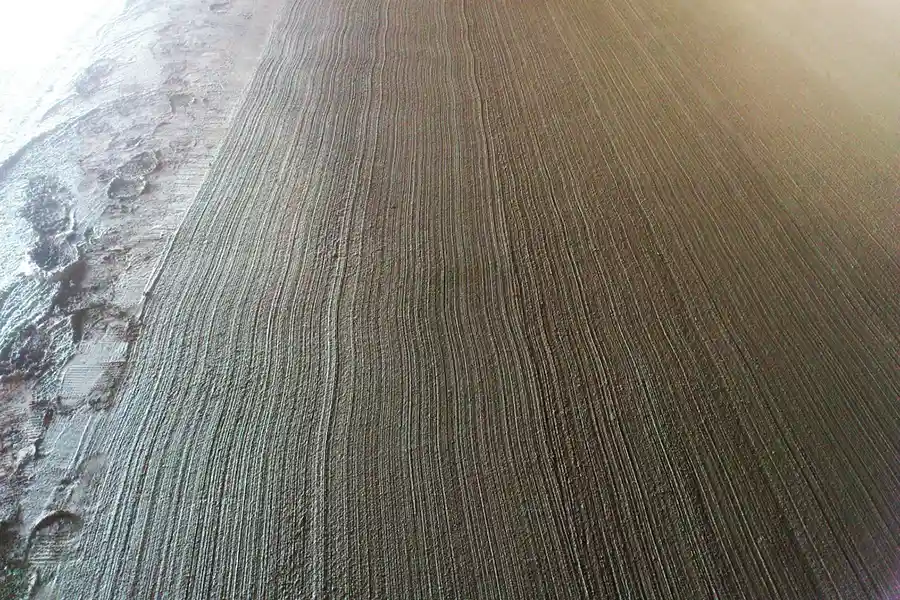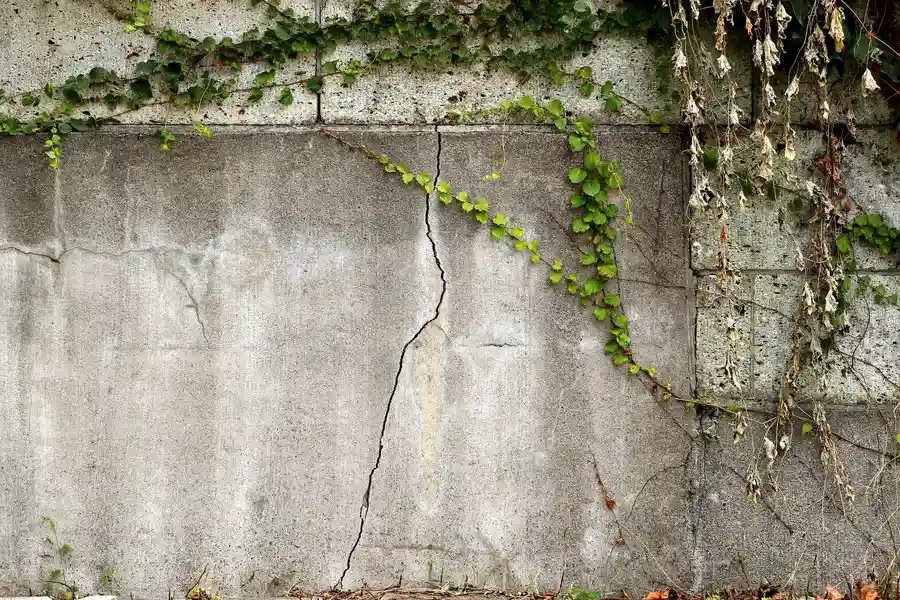The Importance of Identifying Cracks in Concrete
Concrete structures are a staple in modern construction due to their strength and durability. However, cracks can develop over time, compromising structural integrity. Understanding these causes is crucial for preventing further damage and ensuring safety. From environmental factors to material weaknesses, identifying the reasons behind these fractures is essential for maintaining sound concrete structures.
Environmental Factors Contributing to Cracking
One primary reason for cracks in concrete structures is environmental stressors. Changes in temperature cause expansion and contraction, which can lead to cracking. This process, known as thermal movement, puts pressure on concrete, especially when temperature variations are extreme. Additionally, moisture levels affect concrete. When water penetrates the material and freezes, it expands, causing the concrete to crack. Understanding these processes helps in planning effective maintenance strategies, such as timely concrete repair.
Material Weaknesses and Their Impact
Concrete’s composition plays a significant role in its susceptibility to cracks. Inadequate mixing or poor-quality materials can result in weak spots within the structure. These areas are more likely to develop cracks under stress. Ensuring proper ratios during mixing and using high-quality materials are vital steps in minimizing weaknesses that necessitate future concrete repair. By focusing on quality construction practices, the longevity of concrete structures is enhanced.
The Role of Structural Overloading
Structural overloading occurs when the weight or load exceeds what the concrete was designed to bear. This excess weight leads to stress-induced cracking, particularly in areas where reinforcement is insufficient. Engineers must assess loads accurately during design and construction phases to prevent overload situations. Reinforcing vulnerable areas with steel bars or fibers can distribute stress evenly and reduce the risk of cracking.
The Effects of Poor Construction Practices
Poor construction methods can also contribute to cracking in concrete structures. Improper curing, inadequate compaction, and premature removal of forms are common issues. These practices weaken the concrete matrix, making it susceptible to cracking under minimal stress. Adhering to recommended curing times and compaction techniques ensures a solid foundation free from potential cracks.
The Influence of Shrinkage on Concrete
Shrinkage is another cause of cracks in concrete structures. As concrete dries, it loses moisture and shrinks slightly. If this shrinkage is not uniform, tension builds up within the structure, leading to cracks. This phenomenon is most evident in large slabs where different sections dry at varying rates. Implementing control joints during construction allows for controlled shrinkage, reducing random cracking across the surface.
Preventive Measures Against Concrete Cracking
- Use high-quality materials to ensure structural integrity
- Incorporate proper mixing techniques to minimize weaknesses
- Adhere strictly to curing schedules
- Introduce control joints strategically
- Reinforce with appropriate materials like steel fibers
- Consider environmental factors during design phases
Final Thoughts on Maintaining Concrete Integrity
Regular inspections and maintenance are key to preserving concrete structures’ longevity. Addressing minor cracks through routine check-ups prevents larger issues down the line. Proper planning and execution during initial construction stages significantly reduce the likelihood of cracks developing. For comprehensive support, contact our team at 2L All Concrete LLC. We specialize in providing top-tier solutions that keep your structures sturdy and reliable for years to come.

